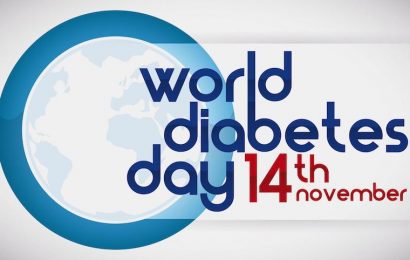When it comes to choosing a new doctor or staying with one, most people probably weigh a number of factors: how effectively their health problems are treated, how easy it is to deal with the doctor’s office, how convenient it is to travel to appointments. But there’s also a less tangible factor that many people consider: a doctor’s “bedside manner,” or how pleasantly and easily the doctor interacts with them. It is difficult to measure what effect, if any, this quality has on health outcomes, since different people will find different doctors easy to work with, and possibly for different reasons. But a new research review has gotten around this problem by not comparing “pleasant” versus “unpleasant” doctors, but rather by looking at the effects of programs meant to improve doctors’ skills with patients.
Published earlier this month in the journal PLOS ONE, the review set out to explore whether programs for training doctors in dealing with patients had any effect on the patients’ health outcomes in a variety of areas. As described in a HealthDay article on the review, researchers selected studies that measured the effect of doctor training — often focused on general skills like maintaining eye contact and not interrupting patients — on verifiable health outcomes like weight loss or blood pressure, rather than simply how patients felt about their doctors. Studies included in the review also had to be clinical trials, meaning that they measured the effects of training some doctors against a control group of doctors who didn’t receive the training. A total of 13 studies fit the researchers’ criteria; all were conducted in the United States, Europe, or Australia between 1998 and 2011. The studies examined a diverse range of health outcomes, including blood glucose, blood pressure, and lipid levels in people with diabetes; pain in people with osteoarthritis; anxiety and depression in people with cancer; and weight loss in obese patients. The researchers then set out to calculate whether, overall, doctor training had any effect on the health outcomes measured in these studies.
On average, the researchers found an 11% difference between the study and control groups among the 13 studies, indicating slightly better health outcomes as a result of training doctors in patient interactions. While this outcome may seem small, it was found to be statistically significant, and it represents only the effect of training randomly selected doctors in how to be more pleasant and persuasive. It is likely that a much more dramatic effect would be seen if a study could examine the naturally occurring differences in pleasantness and persuasiveness among doctors; however, this would be, as noted earlier, extremely difficult to measure. As noted in the HealthDay article, the size of the effect of doctor training on health outcomes seen in this review is similar to the size of the effect of taking baby aspirin or statin drugs to prevent heart attacks. If medical associations recommend those treatments based on their overall effect on health outcomes, they should probably also recommend that doctors undergo periodic training in how to deal with patients pleasantly and effectively.
Do you think your doctor’s manner — positive or negative — has ever had any effect on your diabetes control, or whether you made an effort to exercise more, lower your blood pressure, lose weight, or quit smoking? Have you ever had a doctor who dealt with your health issues very well, but wasn’t especially warm or pleasant in his or her interactions with you? Have you ever had a friendly, pleasant doctor who didn’t tackle your health problems very well? What factors have led you to choose or to change doctors throughout your life — how important was “bedside manner”? Leave a comment below!




